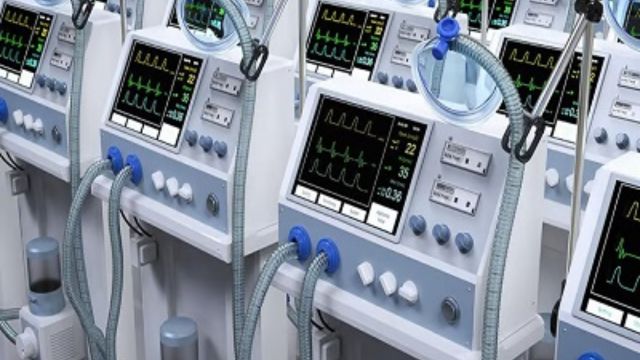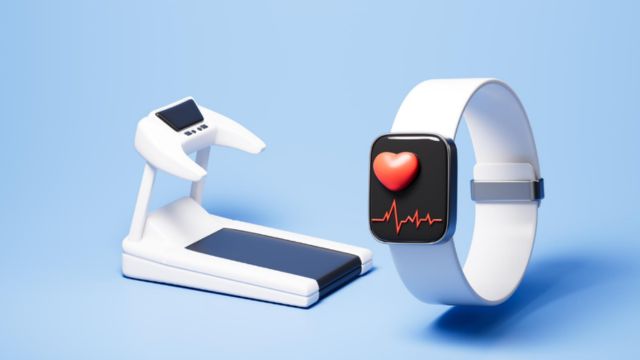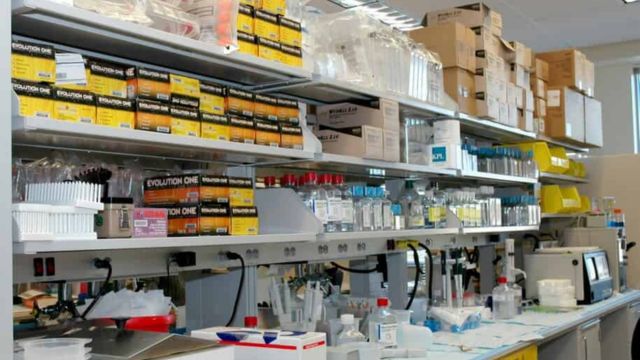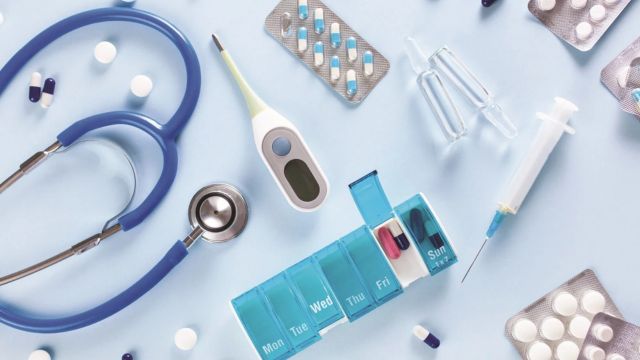For many manufacturers in the competitive medical device industry of today, outsourcing is now a strategic need. Outsourcing has become a major solution as devices get more complicated, technology is advancing quickly, and pressure to lower manufacturing costs while upholding high standards of quality drives changes in direction. Medical device outsourcing lets businesses concentrate on their primary skills while depending on specialised vendors for chores including manufacturing, research, packaging, and more.
The worldwide trends in medical device outsourcing will be discussed in this paper together with some important analysis tools for manufacturers to remain competitive in the quickly changing scene.
Shift to Low-Cost Countries for Manufacturing
The move to low-cost nations is one of the main factors causing outsourcing in the medical device sector to expand. Manufacturers seeking their production needs are looking more and more to nations in Asia, Latin America, and Eastern Europe. Without sacrificing product quality, this change helps companies cut labour and running expenses.
Globally outsourcing now involves major players from China, India, and Mexico, among other countries. These nations not only pay less but also have developed manufacturing facilities and laws tailored especially for the medical device industry. Furthermore, technological developments including robotics and automation help to maintain quality standards while yet saving costs.
You may like this: Emerging Trends in Point-of-Care Diagnostic Device Manufacturing
Regulatory Compliance and Standards

Medical device makers have to give regulatory compliance top priority when deciding whether to outsource manufacture. Ensuring the safety and effectiveness of medical devices depends on following worldwide standards, including the FDA in the United States, CE marking in Europe, and ISO 13485 certifications.
Manufacturer navigation of the complexity of the compliance process can be facilitated by outsourcing partners familiar with these rules. Manufacturers are being pushed by the outsourcing trend to look for partners with a track record of satisfying strict regulatory criteria. Specifically, suppliers with knowledge of quality management systems (QMS) are much sought after.
Increased Demand for Contract Manufacturing Organizations (CMOs)
Demand for Contract Manufacturing Organizations (CMOs) is another noteworthy trend. These companies let medical device companies outsource whole manufacturing operations, from product development to finished goods, by offering specific manufacturing services.
Among their several advantages are flexibility, speed to market, and knowledge of handling the complexity of manufacturing medical equipment. Working with CMOs appeals to many manufacturers since they already have the required infrastructure, regulatory knowledge, and production capacity, so drastically lowering the time and expense involved in establishing new manufacturing sites.
Technological Advancements and Innovation
Medical device outsourcing is expanding thanks in great part on technological developments. The manufacturing process is transforming with automation, Internet of Things (IoT) devices, and artificial intelligence (AI). Medical device makers find outsourcing partners investing in advanced technologies increasingly appealing.
AI can, for example, help to forecast maintenance requirements, streamline manufacturing plans, and raise product quality. Using 3D printing and robotic process automation (RPA) is also speeding prototyping and lowering lead times, so providing manufacturers a competitive edge in product development.
Focus on Core Competencies
Medical device makers can concentrate on their core competencies—research and development (R&D), product design, and marketing—by contracting non-core activities. Outsourcing helps companies to be more creative and nimble while lowering overhead expenses.
Furthermore, manufacturers can devote more resources towards enhancing product features, customer experience, and general market competitiveness by depending on seasoned outside partners for specialist tasks including assembly, packaging, or sterilizing.
Supply Chain Flexibility and Risk Management
The COVID-19 epidemic of lately has exposed weaknesses in world supply systems. These days, manufacturers are giving supply chain flexibility and risk management more importance. Outsourcing lets companies diversify their suppliers and reduce the risks connected with depending just on one geographical area.
By spreading out the supply chain, manufacturers can more readily adjust to events including labor shortages, shipping delays, or legislative changes. Engaging several outsourcing partners spread over several areas helps companies to lower their vulnerability and guarantee production continuity.
Sustainability and Environmental Considerations
Growing focus on sustainability is driving demand in the medical device sector for environmentally friendly manufacturing techniques. Manufacturers are outsourcing to partners that give green manufacturing top priority, using sustainable materials, cutting waste, and besting energy consumption more and more.
In the next few years, outsourcing businesses that follow environmental rules and possess certifications for sustainable practices will be more sought after. This trend also fits the rising need of consumers and medical experts for environmentally friendly goods.
You may like this: Biocompatibility in Medical Device Manufacturing: What You Need to Know
Conclusion
Beyond only cost-cutting, outsourcing now serves as a strategic tool improving a company’s capacity for innovation, competitiveness, and regulatory compliance. The future of the sector is being shaped by worldwide trends in medical device outsourcing, including the move to low-cost nations, technological innovations, and demand for regulatory compliance. Companies who follow these trends and match trustworthy outsourcing partners can guarantee product quality and safety, lower time to market, and attain operational efficiencies.
Manufacturers trying to succeed in a cutthroat market will have to keep ahead of these outsourcing trends as the medical device sector keeps developing and expanding.
Our goal at JandJ Supplies is to offer complete solutions and understanding of the fields of manufacturing, clinical engineering, and medical supplies. Subscribe to our newsletter to be informed and ahead of industry trends with the most recent updates, news, and professional advice on medical device and manufacturing innovations.
Frequently Asked Questions (FAQs)
What are the benefits of outsourcing medical device manufacturing?
Outsourcing allows manufacturers to reduce costs, access specialized expertise, and improve time-to-market. It also enables companies to focus on core competencies like R&D while leaving non-core tasks to specialized partners.
How do regulatory compliance and outsourcing work together in medical device manufacturing?
Outsourcing partners with expertise in regulatory compliance ensure that the manufactured devices meet international standards like FDA, CE, and ISO, which is crucial for ensuring product safety and market acceptance.
Can outsourcing help in reducing lead times for medical device production?
Yes, outsourcing to experienced Contract Manufacturing Organizations (CMOs) allows for faster scaling and production, thus reducing lead times significantly.
How does sustainability impact medical device outsourcing?
With growing demand for sustainable products, outsourcing to companies with eco-friendly manufacturing practices ensures that manufacturers can meet both regulatory standards and consumer expectations for sustainability.








